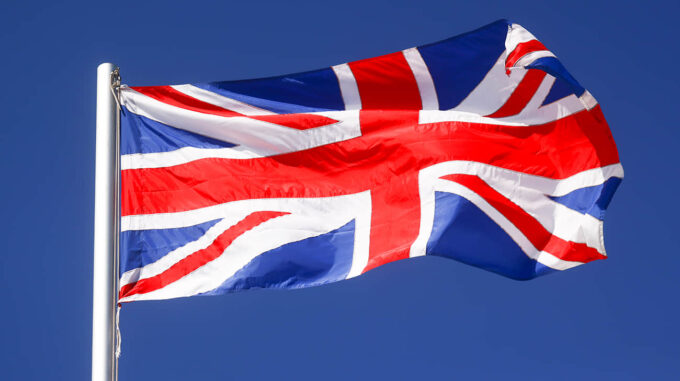Britain has officially handed over the Chagos Archipelago to Mauritius, a brief history and significance of which have sparked considerable resonance in international circles

This historic event became possible after lengthy diplomatic and legal negotiations, as well as due to the complex and controversial trajectories of the territory’s historical development. Against the backdrop of the current geopolitical situation and the strategic importance of the region, the transfer of the archipelago represents a multifaceted step that holds significant weight in modern international relations. According to "European Pravda," citing British and global media, the information about the signing of the agreement was confirmed by UK Prime Minister Keir Starmer on Thursday afternoon. She announced that, after prolonged delays caused by court proceedings and legal disputes, an accord with Mauritius has finally been concluded, and the Chagos Archipelago has been returned to this country. This marked the final stage in a long-standing conflict that began in the 1960s, when British authorities started evacuating the local population to establish a US-UK military base. Sources indicate that a new phase in this history was complicated by court decisions. Additionally, the transfer of the archipelago was delayed due to judicial rulings, which initially imposed an injunction against signing the agreement, causing outrage among ministries and the international community. However, a subsequent court decision overturned this injunction, allowing the transfer process to be completed. It remains important that, under the terms of the new agreement, the UK retains the right to lease a strategically vital military and naval facility—the main island of Diego Garcia—for a term of no less than 99 years, with the possibility of an extension for another 40. An annual fee of 101 million pounds sterling will be paid for this lease. Moreover, London commits to funding development programs for the Chagos Archipelago and to guaranteeing the security of the Diego Garcia base, which still holds strategic importance for US and British military operations in the region. Regarding historical aspects, the Chagos Archipelago has been under British control since 1814. In 1965, three years before Mauritius gained independence, the British separated the islands from the former colony, creating a separate administrative district. To build a military base on the archipelago, British authorities evacuated about two thousand residents from the islands. This expulsion took place in the 1960s and 1970s and has become the subject of long-standing protests, legal suits, and international discussion. It is worth recalling that the Diego Garcia base has historically been a key strategic point supporting US military operations from Vietnam to present conflicts in Iraq and Afghanistan. The displaced island residents continue to oppose these policies, accusing the British governments of violating the rights of indigenous peoples and mistreating the local community. The opposition Conservative Party in the UK responded critically to this initiative, noting that the transfer of the contentious territory raises many questions regarding the legality and ethics of such a decision. Its representatives condemned the Labour government’s move, citing practical and political risks that could affect the reputation of the US and the UK in global diplomacy. Thus, the transfer of the Chagos Archipelago has become an important chapter in the long history of colonial legacy, strategic military interests, and the fight for indigenous rights. Its consequences will have a significant impact on regional politics, international relations, and the processes of seeking justice in this part of the Indian Ocean.

